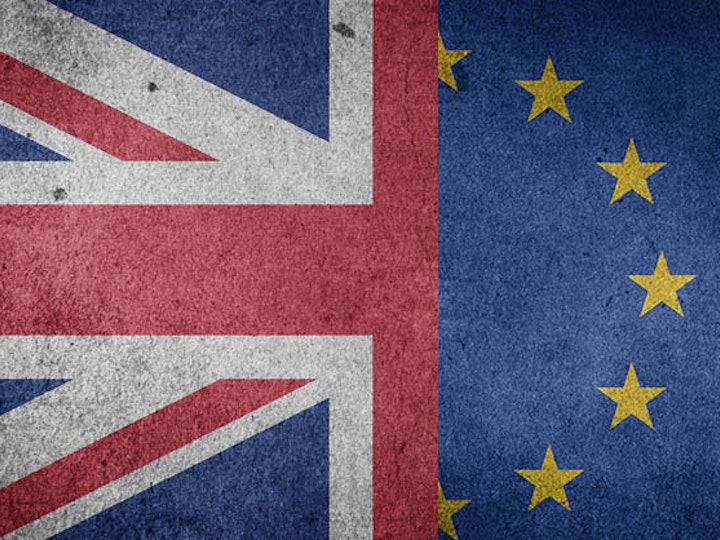Article 50: The end of safe havens for investors?
A lot is being written in the daily press about the immediate financial consequences of the triggering of Article 50. Depending on which source you use and at what time of the day a short piece has been written and posted online, the sterling seems to be rocketing or plummeting, retreating or correcting from a steep drop. The narrative is similar when people are trying to connect Article 50 with the current path of the FTSE 100 or when contemplating on the immediate implications for businesses in the UK. Most of this is just clutter.

The markets have been convinced for a while that Brexit is going to happen.
The formal initiation of the process has been anticipated and priced in all assets months ago. Even the talk about a “hard Brexit” has been going on for a while and the analysts have created their scenarios for what may be the likely endgame of the lengthy negotiations that are about to start between the UK and the EU. The big picture is this: Sterling has dropped from about 1.30 to 1.15 vis-à-vis the Euro since before the referendum and has remained at this level (with the expected intraday volatility) for the last few months. The FTSE 100 has climbed substantially (more than 20%) after the referendum and seems to have hit a (temporary?) plateau at 7,400 with no huge swings.
So, doesn’t March 29, 2017 signify anything to investors?
Of course it does. Above anything else, this date is the beginning of a prolonged period of uncertainty and higher volatility for the international investor. The market is now waiting for more information on how exactly Brexit is going to unfold and where it will lead. As scenarios start becoming realisations in a slow pace, expect volatility to increase and investors to demand higher risk premia. Portfolio diversification across asset classes and regions will also become more desirable. But where should one look? The US administration has not exactly convinced the business world of its effectiveness, Europe is struggling with each own political existence, the middle East is in an extended period of disarray and fears of a continued reduction in the rate of growth of China are still present.
In another words, March 29, 2017 may very well be the end of truly safe havens even for the sophisticated investor.
By Dr Ioannis Oikonomou
| Published | 29 March 2017 |
|---|
